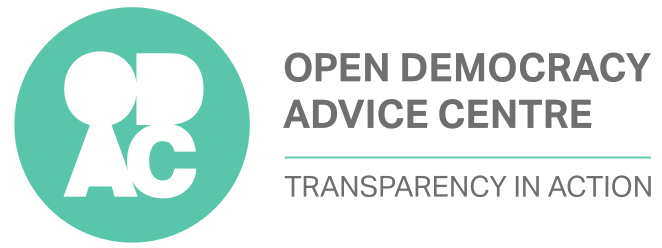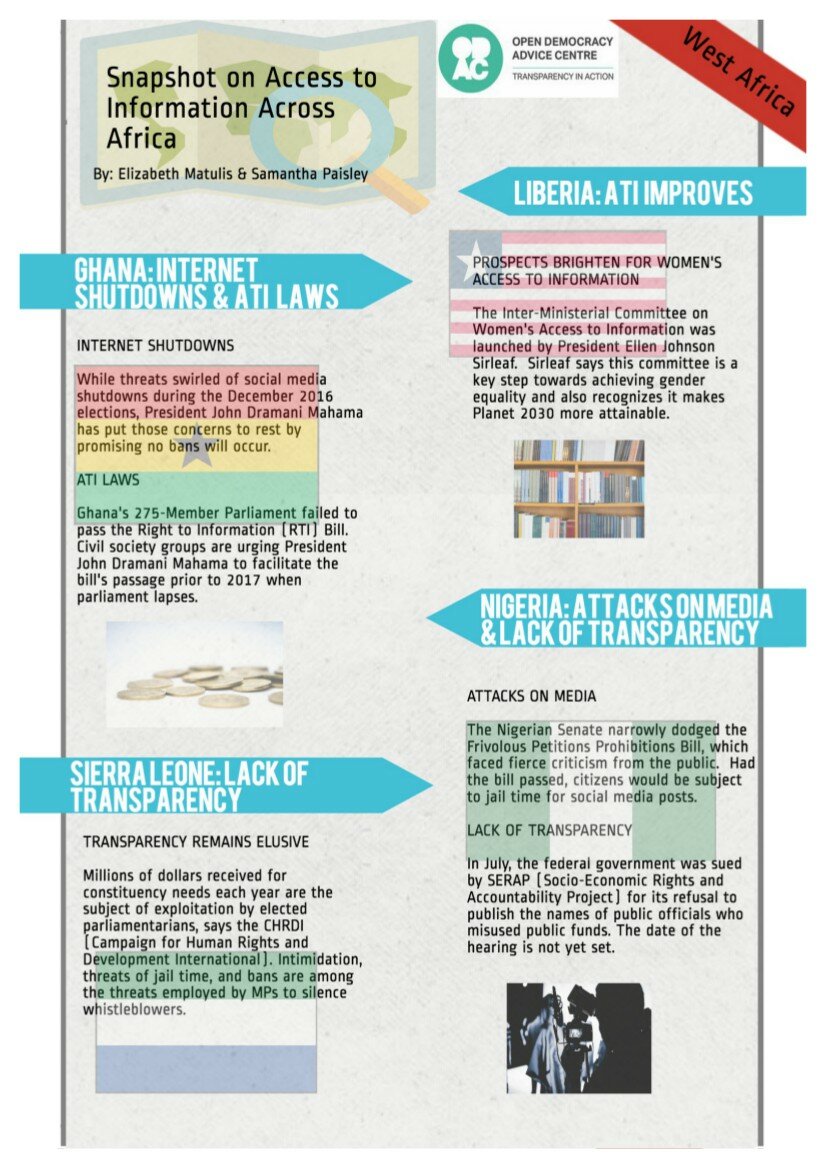ODAC at Work
The staff at ODAC will be working on Friday, in spite of calls for national stay-a-ways by different quarters, and we thought we’d write a brief note on why. The first reason is the simplest and most important: we are committed to advancing transparency and access to information, because we believe that is what will advance the lives of South Africans in the long term. As an organisation focused on a special interest that is of such immense importance, particularly during a time of uncertainty, we believe staying focused and available for citizens on this day (and all those to come) is the greatest value add we can provide, and we remain committed to it. As a JSE expert answered in the face of a question on eNCA about what is needed now: “Information, information, information”.
The second reason is a little pragmatic. We receive funds largely from foreign philanthropy organisations and charities. This is just an obvious reality, which is why we are subject to particular special regulation and audits (just to interject on critiques on our funding – many government departments and projects share some of our funders). Transparency organisations, particularly one like ours that focuses on open information and the protection of whistleblowers, will probably always struggle to receive financial support from our own government. This reality simply means our stay away doesn’t impact local productivity, and we have a duty to spend these resources responsibly, in the face of all politics, because they are donations.
We are focused on advancing transparency, and remain committed to values of openness, honesty and truth. There are of course many civil society organisations specifically focused on political mobilisation, so their mandates are different to ours, and we are here to support them as well. Social change is nuanced – and we believe information and openness are the fundamental grease between the gears of this process. As we noted in our recent statement in support of Mcebisi Jonas’ whistleblowing that exposed the scale of state capture, there are many public servants joining hands in fighting corruption. ODAC must stay available to support people such as him, as well as citizens and civil society organisations, and lend our assistance when the world can appear otherwise hostile to open information.
There is a lot of work to be done that will extend long after Friday, and has been needed for quite some time. We will be working alongside all people to create a South Africa that lives up to its constitutional promises. We deserve it.
IMPORTANT INFORMATION: We would like to note that protesting is a right protected by South Africa’s Constitution and the Regulation of Gatherings Act. In this regard, our colleagues from the Centre of Applied Legal Studies have a #RighttoProtest Hotline on 076 265 9085. Please call or text if anyone is arrested during protests. Ahead of any parliamentary action, our partners at Parliamentary Assembly have collated the contacts of your parliamentary representatives at www.pa.org.za. You can also contact our whistleblower hotline on 0800-52 53 52 (0800 la le la). Email for general support on transparency can be requested at This email address is being protected from spambots. You need JavaScript enabled to view it. , or visit our website on www.odac.org.za.






